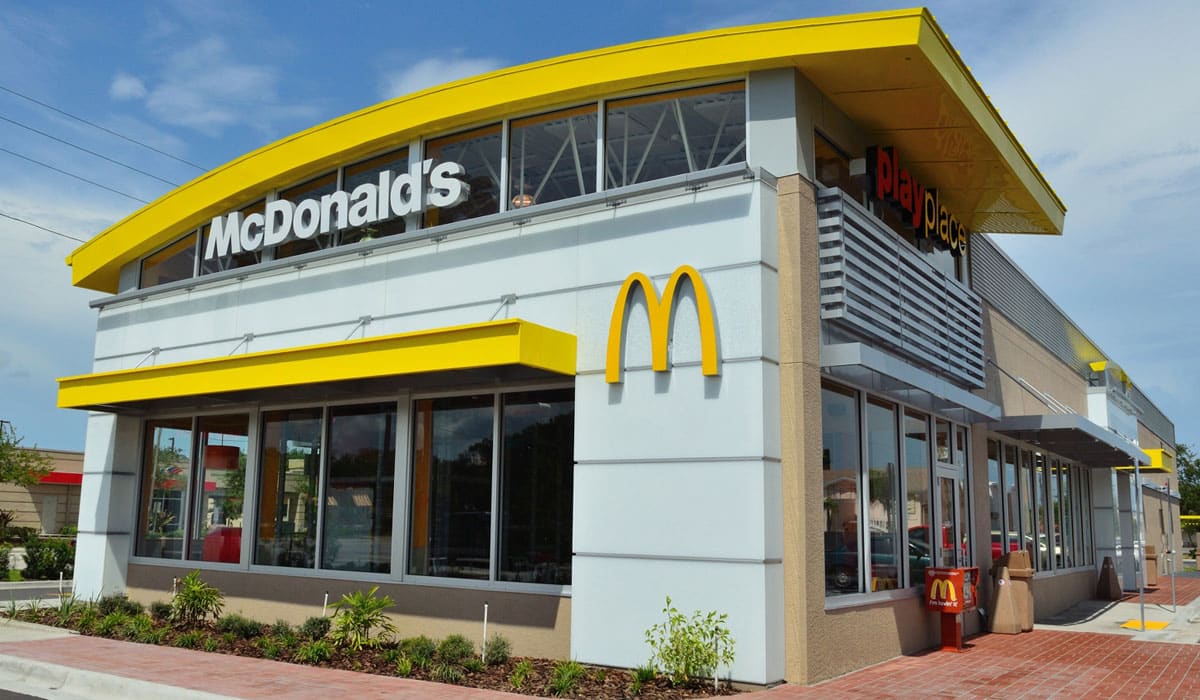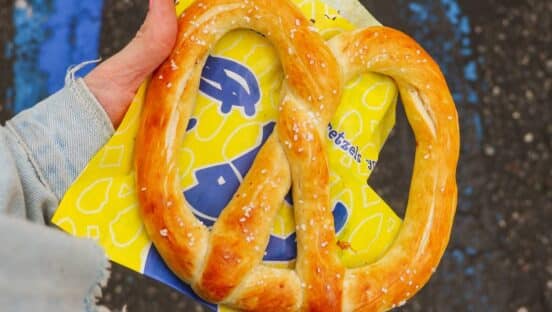Kytch Inc., a tech startup that developed a solution to McDonald’s frequently broken ice cream machines, filed a $900 million lawsuit accusing the fast-food giant and its ice cream machine manufacturer of pushing it out of the marketplace.
In 2019, the company developed a solution that allows clients to remotely monitor and control soft-serve machines. The innovation retrieves data from the machine, displays it on an interface, and adjusts settings so that outages are prevented before the machine can detect an error. Kytch thereby reduces downtime and minimizes repair appointments.
Meanwhile, Kytch claims McDonald’s and Taylor, the ice cream manufacturer, have spent 20 years trying to develop their own solution for broken machines. However, their method, called “Open Kitchen,” only lets users monitor the machine in a limited fashion and not actually fix it, allowing Taylor to benefit from its “lucrative” repair business. But the lawsuit states the product never actually launched and McDonald’s tabled the proposal at the end of 2019.
Kytch said the project remained dormant until February 2020, when an article from Business Insider highlighted issues with Taylor’s machines and described Kytch as a viable alternative. At one point, the National Owners Association, the largest organization of independent McDonald’s operators, endorsed Kytch as its national conference.
“The positive coverage about Kytch angered McDonald’s,” the lawsuit states. “Taylor’s CEO described McDonald’s leadership as ‘all hot and heavy about’ Kytch’s successes that were described in the article. So the two companies joined forces to drive Kytch out of the marketplace.”
Kytch contends McDonald’s and Taylor spent months going through the tech startup’s clients to obtain its technology and develop a competing product. The efforts failed, and Open Kitchen was still not ready for launch by mid-October 2020, the court documents state. Kytch then accuses McDonald’s and Taylor of stalling until its product was ready by fabricating safety claims against the tech startup’s solution.
The alleged false accusations caused damage that was “instant and monumental,” Kytch claims.
“Customers contacted Kytch in the days following the ads and canceled their subscriptions because of McDonald’s false assertions that Kytch was unsafe and prone to cause serious human injury,” the lawsuite states. “Kytch had been barreling towards a $50 million valuation in 2020 as it quickly expanded to fast-food restaurants throughout the country—and its valuation in the following year was projected to be exponentially more. That all changed after the false ads, and Kytch was soon unable to court investors.”
The complaint seeks to vindicate the company, curb McDonald’s anti-competitive conduct, recovery compensatory and punitive damages, and of course, fix McDonald’s broken soft-serve machines.
In response, the burger chain said, “McDonald’s owes it to our customers, crew and franchisees to maintain our rigorous safety standards and work with fully vetted suppliers in that pursuit. Kytch’s claims are meritless, and we’ll respond to the complaint accordingly.”
McDonald’s broken ice cream machines have become a long-running joke throughout social media. Even the company’s own communications team has tweeted about the problem. In 2020, an individual created “McBroken.com,” which tracks stores that have working ice cream machines.
Kytch alleges that McDonald’s hasn’t tried to improve the machines because franchisees pay for the repairs and so that it can keep exclusive access to Taylor’s new commercial kitchen products.







